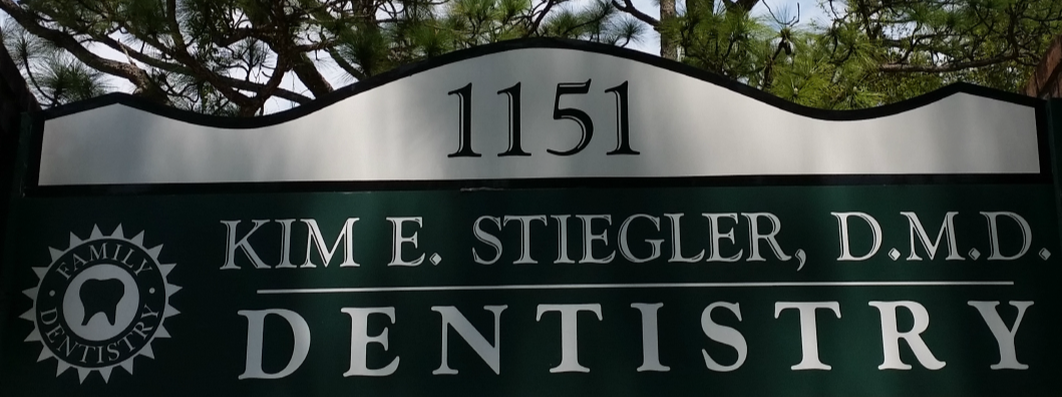Today, Insurance Companies have a significant influence on the delivery of Dental Care and pressures from the Federal Trade Commission have led to removal of restrictions on advertising by Dental Practices. Dentists are now graduating from Dental School with hundreds of thousands of dollars in debt which makes it very difficult for new Dentists to afford the costs of getting started in a traditional Dental Practice. Large Corporate owned Dental Chains are opening in many areas and capitalizing on aggressive marketing and hiring new Dental School Graduates as employees who are paid a percentage of their production. Most Dental Insurance now requires patients to choose from a limited list of contract Dentists who have agreed to provide discounted care. While Dental Insurance premiums have increased substantially, the maximum yearly compensation of most Dental Plans has not increased since the 1980's yet the cost of Health Care has increased at a rate that exceeds overall inflation. People generally purchase Insurance to minimize risk of unexpected large expenditures but most Dental Insurance covers only a few routine services after the policy holder pays substantial deductibles and co-payments. Ironically large dental costs are paid entirely by the patient after the low yearly insurance maximums are reached.
Some important questions that need to be answered include: How does all of this affect the Delivery of Dental Care? Does Dental Insurance, with access to providers limited to only contracted (PPO) Dentists with Discounted Fees, encourage quality care for the policy holders? How do Corporate Owned Dental Chains affect the Dentist-Patient relationship? Do production incentives increase the potential for aggressive treatment? Is a traditional preventive care oriented practice a better model to deliver conservative cost effective care?

 RSS Feed
RSS Feed